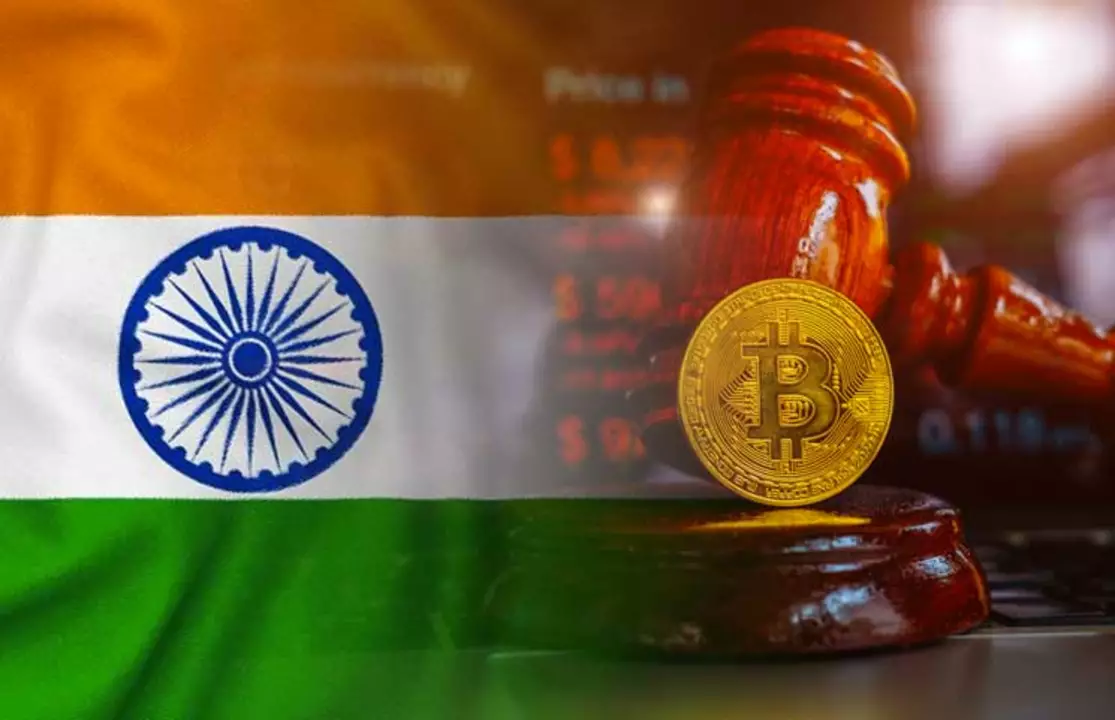Indian Government and Sports: What it Means for Players and Fans
The Indian government plays a big role in how sports work here — from funding athletes to setting rules that affect leagues like the ISL. If you follow football, cricket, university games or even fantasy sports, government decisions matter. This page explains what the government actually does, how that affects clubs and players, and what you can do to stay informed or get involved.
How government action affects day-to-day sports
There are a few concrete ways government policy changes the game. Programs like Khelo India and support from the Sports Authority of India give training, scholarships and facilities to young athletes. State sports departments run local academies and organize trials for university teams. When the government adjusts taxes or customs rules, it can change the cost of gear, stadium upgrades, and even match tickets. And new rules for online gaming or fantasy sports can change how fans play and spend money.
Take talent pipelines: university games and state-level tournaments are often organized with government backing. If your university wants to send players to All India University Games, the college sports cell coordinates with the state body — not directly with the national ministry. For aspiring cricketers aiming at Ranji squads, strong performances in state leagues and board-run tournaments still matter most, but government-sponsored camps and scholarships can speed up training and exposure.
Practical steps: how to use government programs to your advantage
If you’re a player, coach, club manager or fan, here are useful, simple actions: first, register with your state sports association or your college’s sports department — many selections and grants flow through them. Second, track Khelo India and SAI announcements; they publish talent hunt camps and scholarship lists regularly. Third, apply for state or central sports scholarships if you meet age and performance criteria — these can cover training costs and travel.
For clubs and organizers, monitor policy updates on funding, tax rules and stadium permissions. Local government grants often fund pitch upgrades and grassroots programs. If you run a fan group or fantasy league, keep an eye on regulatory changes that affect online money games — those can change entry rules and payout structures quickly.
Want your voice heard? Contact your local MLA or the state sports director about facility needs or coaching gaps. Organized petitions or a clear proposal backed by player data and match schedules often get faster attention than vague complaints. Media coverage helps too — a short, factual pitch to local press can move bureaucratic gears faster than waiting for months.
Finally, stay practical when evaluating news. A headline about government support is good, but check whether it’s central funding, state funding, or a private-public partnership. The real impact depends on which agency disburses money and how quickly the scheme reaches local clubs and athletes.
This page collects posts and discussions around government influence on Indian sports — from university games and Ranji selection to ISL rules and fantasy sports regulations. Follow updates, ask specific questions to local bodies, and use available schemes to train, compete, or improve facilities in your area.
